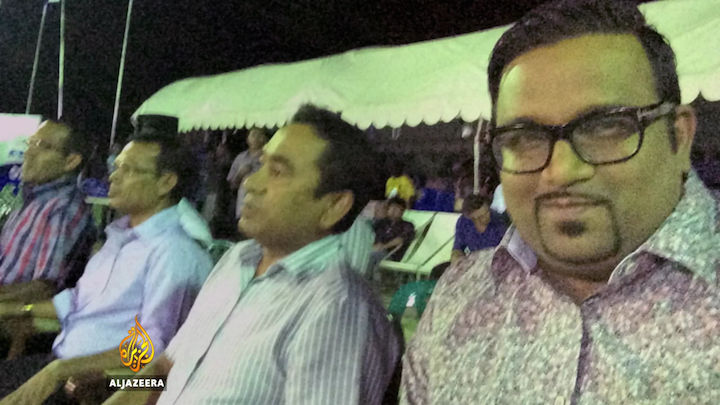Ahmed Adeeb: The Man Who Knows Too Much?
If the president thought prison would silence his former right-hand man, he was wrong.

05 Aug 2018, 09:00
It was a rare display of emotion from the Maldives president. “Who will believe Ahmed Adeeb is not a criminal?” Abdulla Yameen said of his jailed former deputy. “It’s not something small (that Adeeb did); we still don’t know where all those million of dollars from the national treasury are. Also, Adeeb tried to blow up the presidential speedboat and assassinate the president.”
The outburst was provoked by the European Union’s plans to impose sanctions unless certain demands – including the release of political prisoners – were met. Adeeb was not mentioned by the EU, but the president’s decision to single him out raises questions.
Adeeb triggers him in a way that others do not even though, to the outsider, the president’s targeting of enemies indicates he has an equitable approach to self-preservation.
But Adeeb is unlike Mohamed Nasheed, Maumoon Abdul Gayoom, Gasim Ibrahim or the others that have been thrown into prison or chased into exile.
Become a member
Get full access to our archive and personalise your experience.
Already a member?
Discussion
No comments yet. Be the first to share your thoughts!
No comments yet. Be the first to join the conversation!
Join the Conversation
Sign in to share your thoughts under an alias and take part in the discussion. Independent journalism thrives on open, respectful debate — your voice matters.




